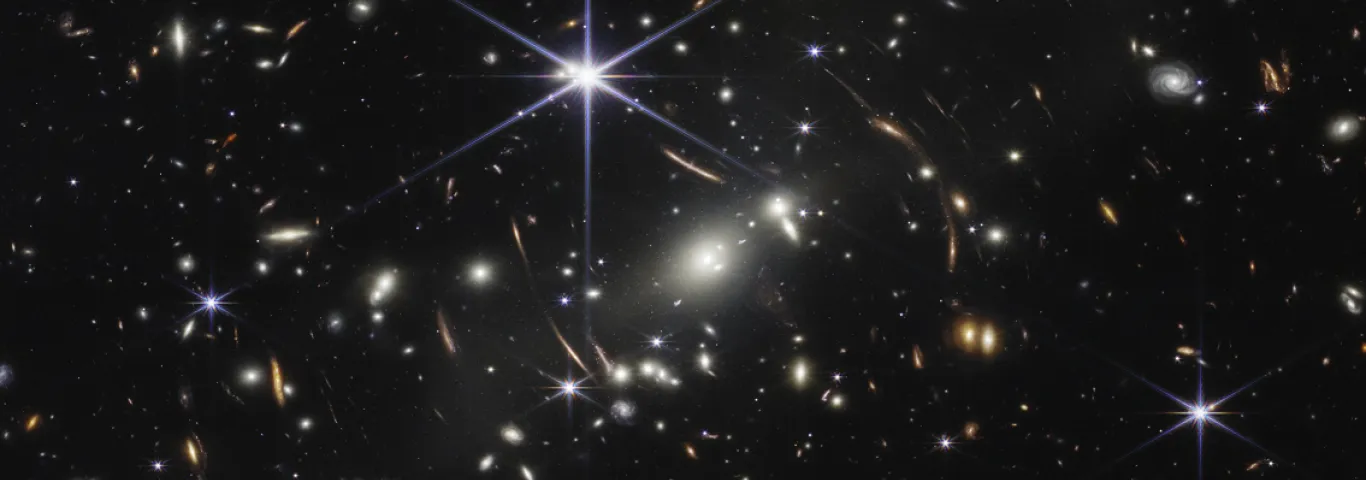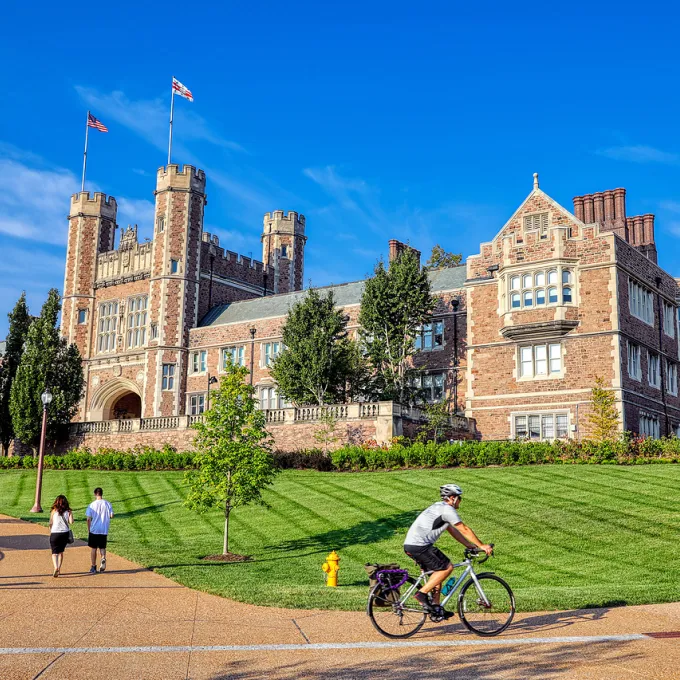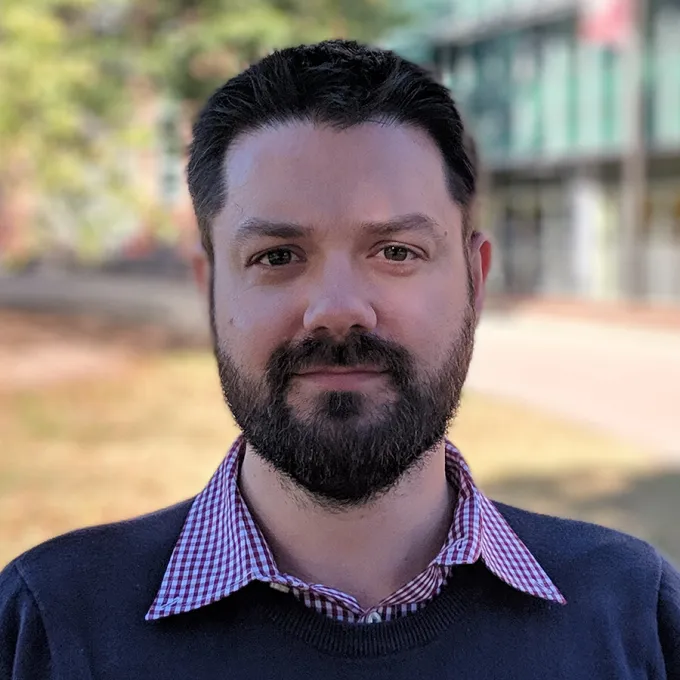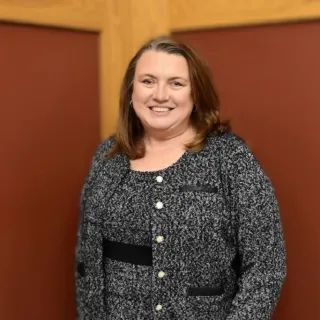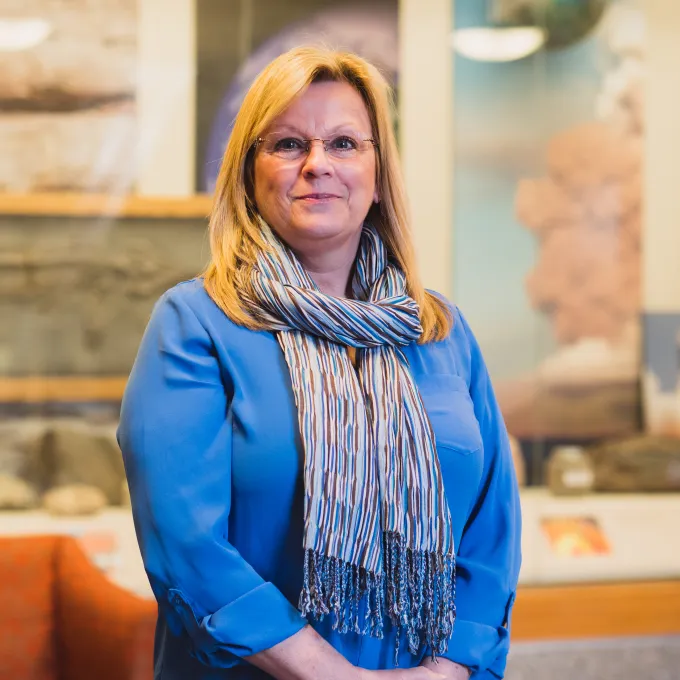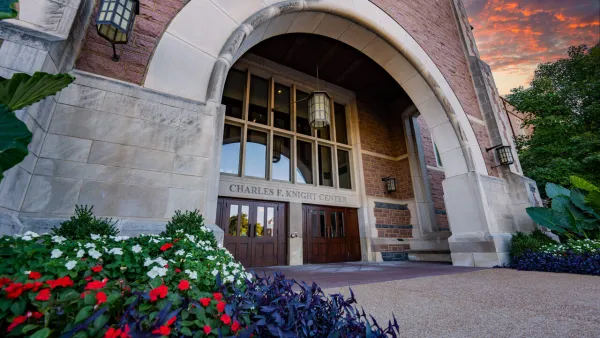Join us for our 50th Anniversary Symposium
May 20-22, 2025
The McDonnell Center for the Space Sciences was founded in November 1974 through a munificent endowment from Mr. James S. McDonnell through the McDonnell Aerospace Foundation, under the stewardship of William H. Danforth, Chancellor, and Robert M. Walker, McDonnell Professor of Physics, who served as the founding center director until 1999 and guided it to academic excellence and built an international reputation. The Center promotes distinction in space science research at Washington University in St. Louis and training of the next generation of leaders in space science.
In May 2025, the Center will be celebrating fifty years of playing a key role at Washington University through endowed professorships, acquisition of sophisticated instrumentation, support of faculty involvement in space science missions, supporting postdoctoral and graduate student fellowships and undergraduate interns, seeding innovative research, administering visiting scientist programs, and fostering wide-reaching collaborations.
Join us as we celebrate the 50th Anniversary of the McDonnell Center for the Space Sciences and look ahead to new opportunities to advance knowledge of our Solar System and our universe.
